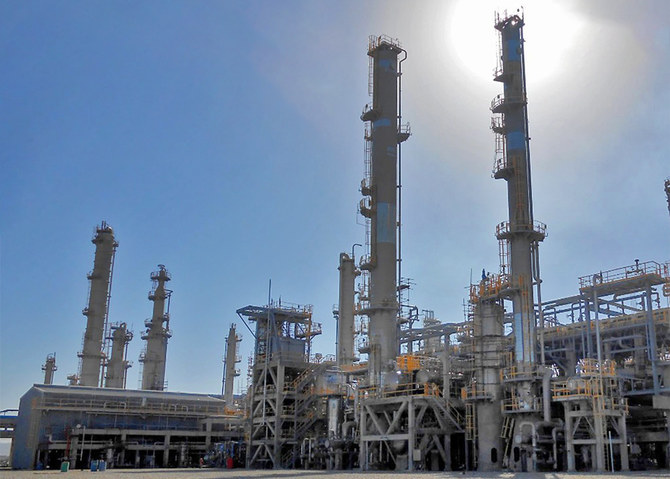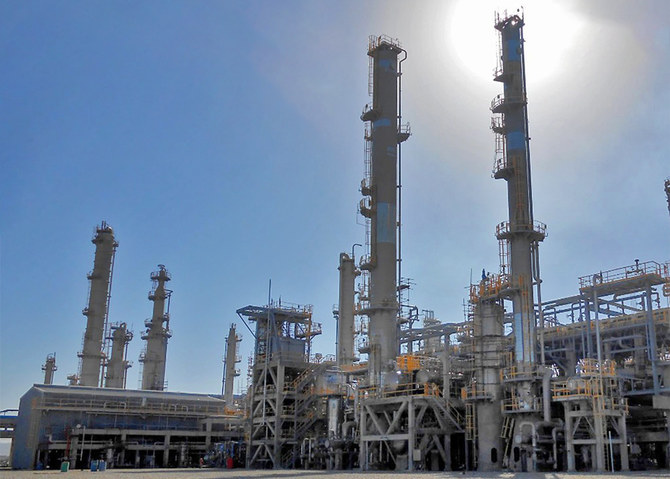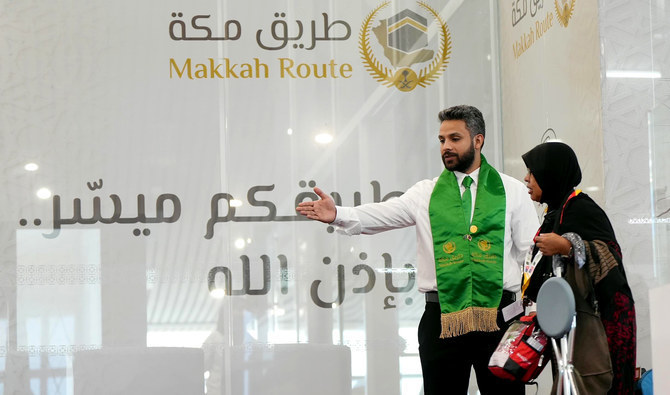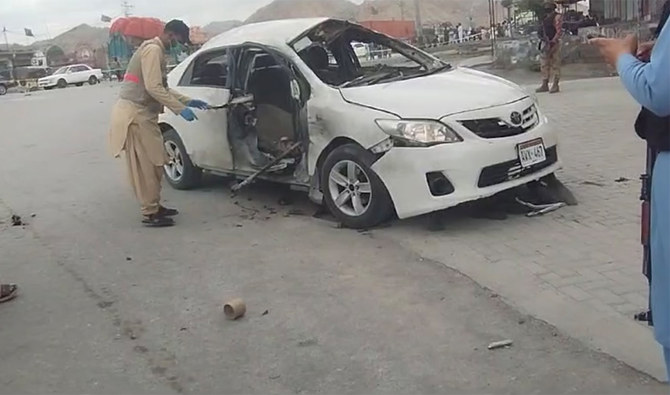KARACHI: Officials at refineries in Pakistan have said given “technical and operational constraints,” the South Asia country can only process up to 30 percent of Russian varieties of crude oil, as Pakistan explores cheaper import options and experts warn a deal with Moscow could become a new source of friction between Pakistan and the United States.
Pakistan’s energy ministry last month sought recommendations from industrial experts and major local refineries on importing crude oil from Russia, asking for input on the technical suitability of crude grades, quantity and transportation of freight in comparison with imports from the Middle East. The government specifically sought advice on “payment methodology” in case of crude oil import and “existing commitment to upliftment from the Arab Gulf region with respect to term contracts.”
Pakistan’s energy and power ministers did not respond to repeated Arab News queries about the government’s plans following responses by refineries to the energy ministry’s letter.
But several Pakistani oil refinery officials interviewed by Arab News said they had informed the government in their replies the main problem with a deal with Moscow was that only up to 30 percent of Russian crude could be processed at local refineries, given their current configuration.
“The current configuration of plants supports up to 30 percent of Russian oil refining due to technical and operational constraints,” a top official at a local refinery, who spoke on condition of anonymity, said.
“But the real problem is how the payments would be made under present circumstances and how their LCs [letters of credit] would be processed as Russian banking channels are closed for international payments.”
A number of Pakistani refineries said they had informed the government they could only process certain grades of Russian crude, including Sokol, Sakhalin Light and Eastern Siberian Pacific Ocean (ESPO).
“Byco has responded to the government and we have said that Byco can refine Russian oil but there are limitations,” said Mohammad Wasi Khan, chairman of the Cnergyico petroleum refining company, formerly known as Byco.
Officials at petroleum refineries also said they had apprised the government of supply constraints as some coastlines were located far away and it would take about 16 to 22 days to deliver oil to Karachi.
On the other hand, Pakistani financial analysts estimate energy imports, including crude oil and refined products from Russia, could save Pakistan about $3 billion a year.
“Russians can also provide petrol, diesel, crude oil, and liquefied natural gas [LNG],” said Samiullah Tariq, director of research at the Pakistan-Kuwait Investment Company. “Assuming it’s at a 25 percent discount from prevailing market rates, Pakistan can save more than $3 billion annually,” he added.
Pakistan’s oil imports during 11 months of the last fiscal year, from July 2021 until May 2022, rose by 99 percent to $19.7 billion, including $10 billion imports of refined products and $4.7 billion worth of crude.
As Pakistan evaluates the costs and benefits of Russian oil imports, experts said since Pakistan had no pre-existing contract to buy oil from Russia, it would be hard to expect exemptions from international sanctions.
“It is very unlikely that a new contract by Pakistan will get such exemption,” Husain Haqqani, a scholar at the Hudson Institute in the US, told Arab News. “It will not be easy for Pakistan to pay for the oil, to get insurance for tankers that ship it, and to handle the consequences of violating sanctions.”
“The United States and western Europe will not be happy if Pakistan violates sanctions and starts buying oil from Russia in the midst of Ukraine war,” he added. “Given that US-Pakistan relations are already strained, this would be a new source of tension, which is completely avoidable.”
Analysts and refinery officials also said despite Pakistan’s plans to import oil from Russia, it would continue to secure its petroleum imports from Gulf countries.
Refinery officials said they would fulfill long-term contracts made with the Gulf region’s oil producers and assured that the supply from the region would not be disturbed.
“Three refineries have long-term contracts with Gulf oil producers and as the refineries have confirmed they can refine only 30 percent Russian oil, it means the rest of the volume will come from the Gulf region,” the refinery official, who wished to remain anonymous, said.
Some experts also believe Pakistan may be in a position to gradually import Russian oil despite pressure from Washington.
“In order to secure its energy [needs], Pakistan can buy cheap Russian oil, and despite American pressure, Islamabad can continue importing oil from Russia to some extent, but I think Islamabad will eventually be able to import cheap Russian oil,” Dr. Umud Shokri, a Washington-based senior foreign policy adviser and energy strategist, told Arab News.
“Despite pressure from the US, India has continued to buy cheap oil from Russia, while China’s oil imports from Russia have also increased due to the energy crisis and the increase in oil prices,” he said. “Energy consuming countries such as Pakistan want to diversify their energy sources and buy oil and gas. The Russian embargo has caused countries to increase the import of cheap Russian oil.”
The option of crude imports from Russia came into the limelight after now ousted premier Imran Khan, who arrived in Russia in February the day it launched a full-scale invasion of Ukraine, said Moscow was willing to offer oil at cheaper rates to Pakistan.
Pakistan’s Finance Minister Miftah Ismail, who is in the new cabinet of PM Shehbaz Sharif, has rubbished Khan’s claims and said Islamabad would be willing to buy oil at cheaper rates from Russia only if Moscow made the offer and Islamabad didn’t have to face sanctions on the deal.
















